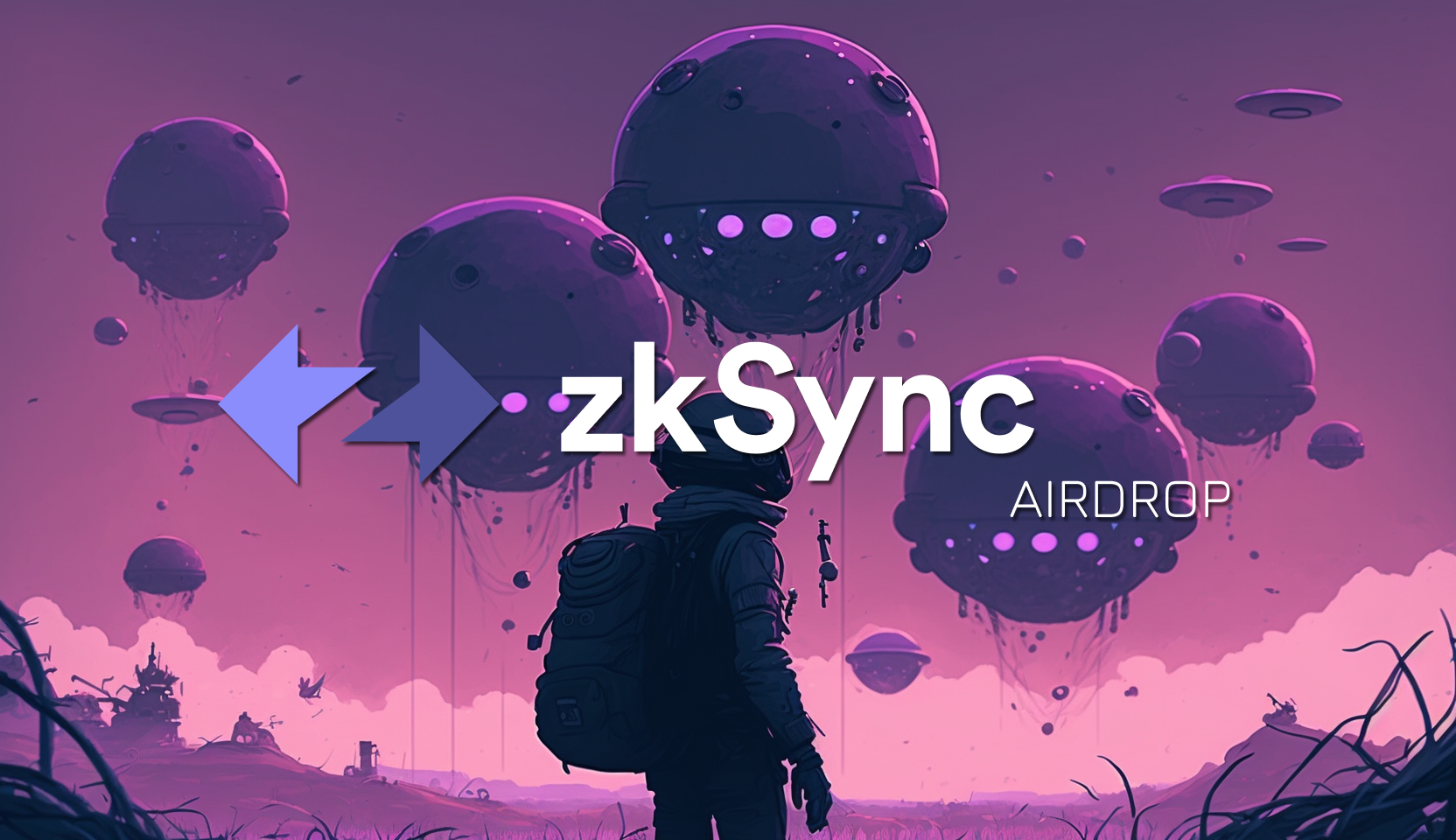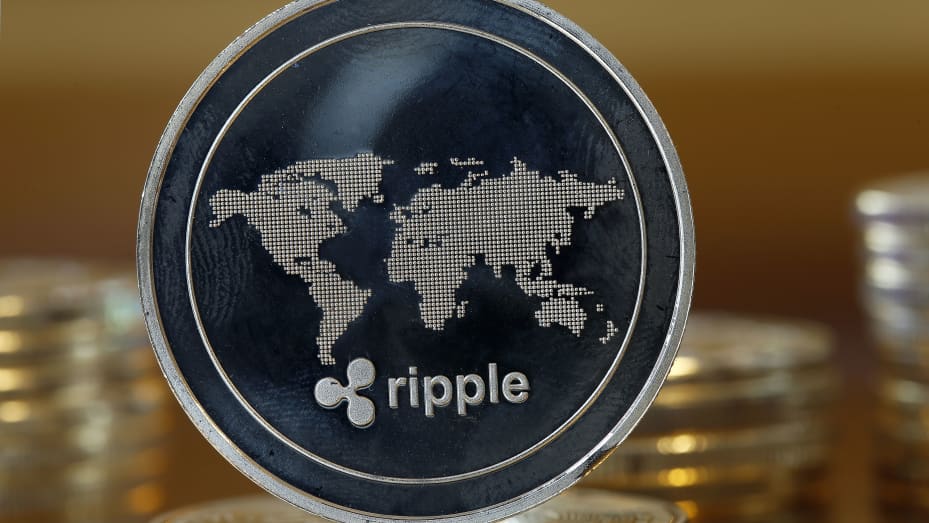|
Getting your Trinity Audio player ready...
|
As Paul Atkins prepares to take over as SEC chair, JW Verret, a law professor and vocal crypto advocate, warns that the agency faces severe consequences if it continues its contentious lawsuit against Ripple Labs. The SEC’s aggressive stance on cryptocurrency is not only drawing criticism from the crypto industry but also encountering pushback from federal courts, creating a precarious situation for the regulatory body.
The SEC initiated its high-profile case against Ripple in 2020, alleging that XRP tokens were unregistered securities. However, Judge Analisa Torres recently ruled that XRP sales on public exchanges do not qualify as securities transactions—a decision that the SEC is appealing. The agency’s broad interpretation of securities laws is sparking legal uncertainty, with federal judges challenging its approach, potentially leading to intervention by the Supreme Court.
As we prepare for Paul Atkins to take over from @GaryGensler, a new piece by @JWVerret warns that if the @SECGov doesn't drop the @Ripple case altogether, it's courting judicial suicide👇https://t.co/RcPPV3EQQr
— CryptoLaw (@CryptoLawUS) December 19, 2024
Diverging Judicial Opinions Fuel Legal Uncertainty
Judge Jed Rakoff’s interpretation in the SEC’s case against Terraform Labs underscores the complexities surrounding crypto regulation. Rakoff argued that crypto tokens could be deemed securities regardless of their sale method, potentially broadening the SEC’s reach. His application of the Howey test—a framework used to determine what constitutes a security—suggests that even transactions involving Luna tokens by unrelated parties might qualify as securities.
This expansive interpretation alarms crypto advocates, as it could bring assets like Bitcoin under the SEC’s purview, given that developers maintain its network. Such a precedent would significantly expand the agency’s control, potentially impacting markets ranging from precious metals to airline loyalty programs.
SEC Risks Losing Authority
The Ripple case, along with parallel lawsuits against Coinbase, Kraken, and Uniswap, showcases the SEC’s refusal to establish clear rules for crypto trading. By leveraging the Howey test against legitimate companies without defining regulatory boundaries, the agency risks inviting a Supreme Court ruling that could curtail its authority.
If the Supreme Court intervenes, it may restrict the SEC’s ability to unilaterally expand its jurisdiction without congressional approval. This could result in a weakened regulatory framework, undermining the agency’s long-term objectives, particularly as the political landscape shifts ahead of the 2024 elections.
Also Read: Ripple vs. SEC Update: John Reed Stark Criticizes Historic Ruling Ahead of January 15 Hearing
The SEC’s insistence on appealing the Ripple ruling might backfire, not only damaging its credibility but also paving the way for judicial limits on its power. For the crypto industry, the outcome could redefine regulatory oversight, offering much-needed clarity—or plunging it into deeper uncertainty.
Disclaimer: The information in this article is for general purposes only and does not constitute financial advice. The author’s views are personal and may not reflect the views of Chain Affairs. Before making any investment decisions, you should always conduct your own research. Chain Affairs is not responsible for any financial losses.
A lifelong learner with a thirst for knowledge, I am constantly seeking to understand the intricacies of the crypto world. Through my writing, I aim to share my insights and perspectives on the latest developments in the industry. I believe that crypto has the potential to create a more inclusive and equitable financial system, and I am committed to using my writing to promote its positive impact on the world.




